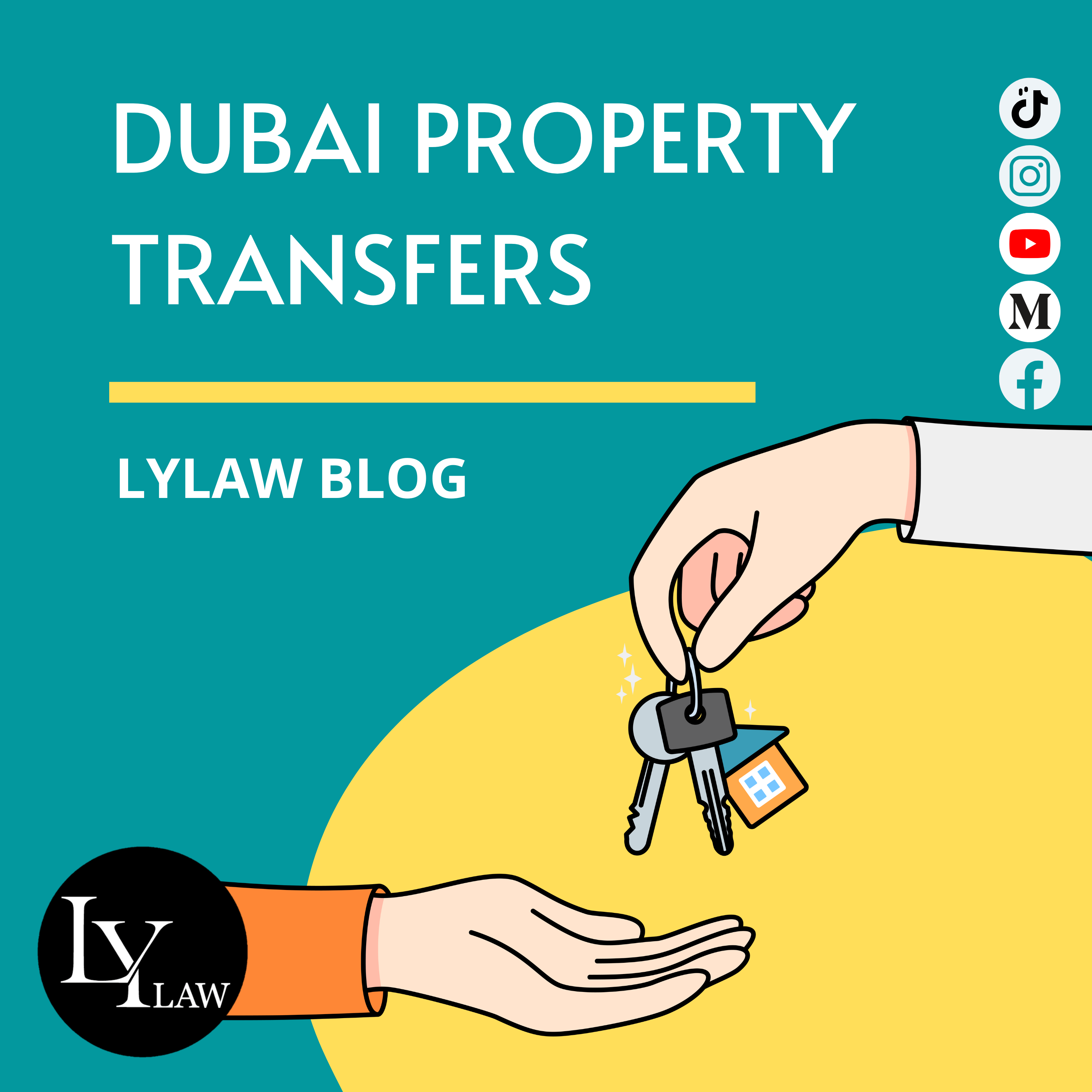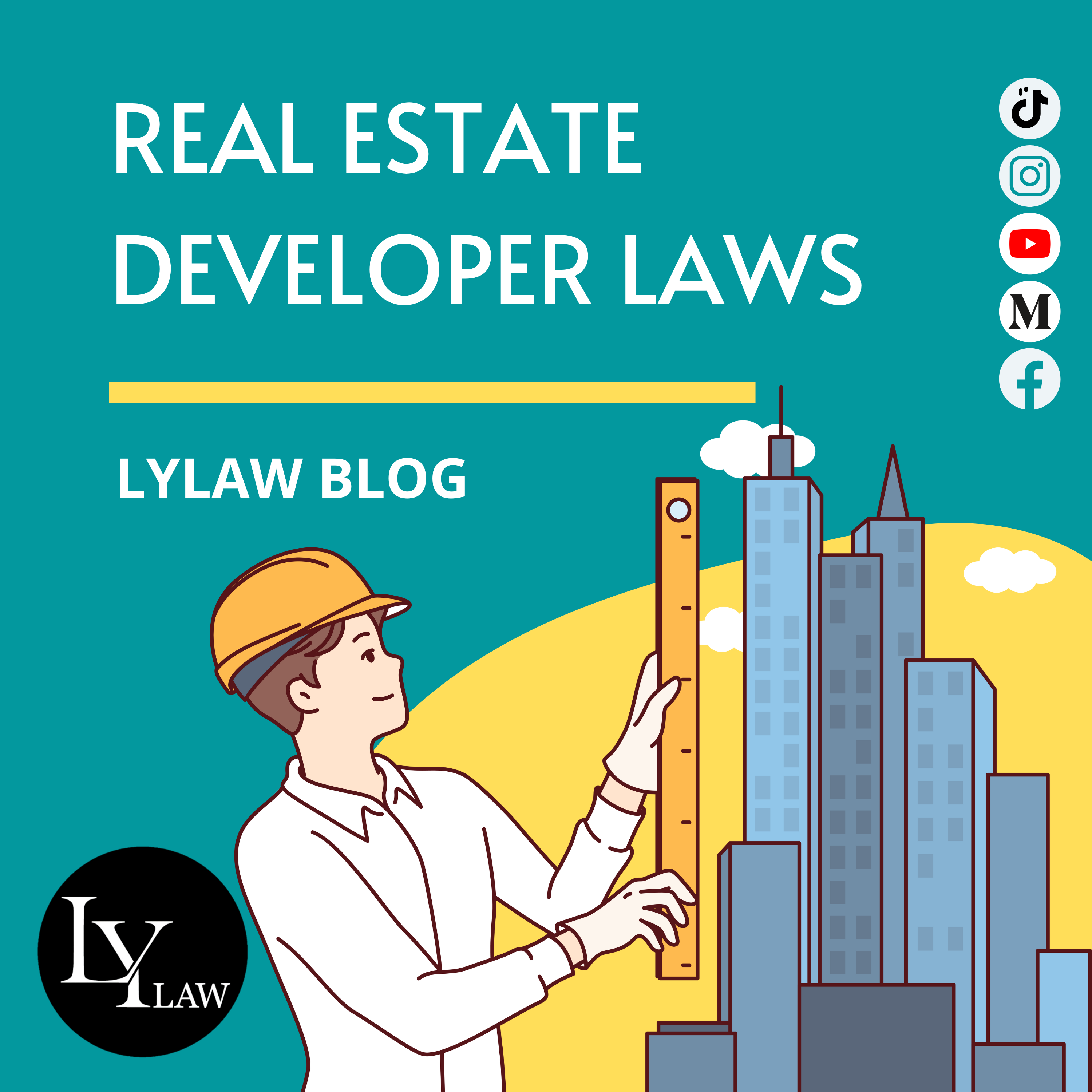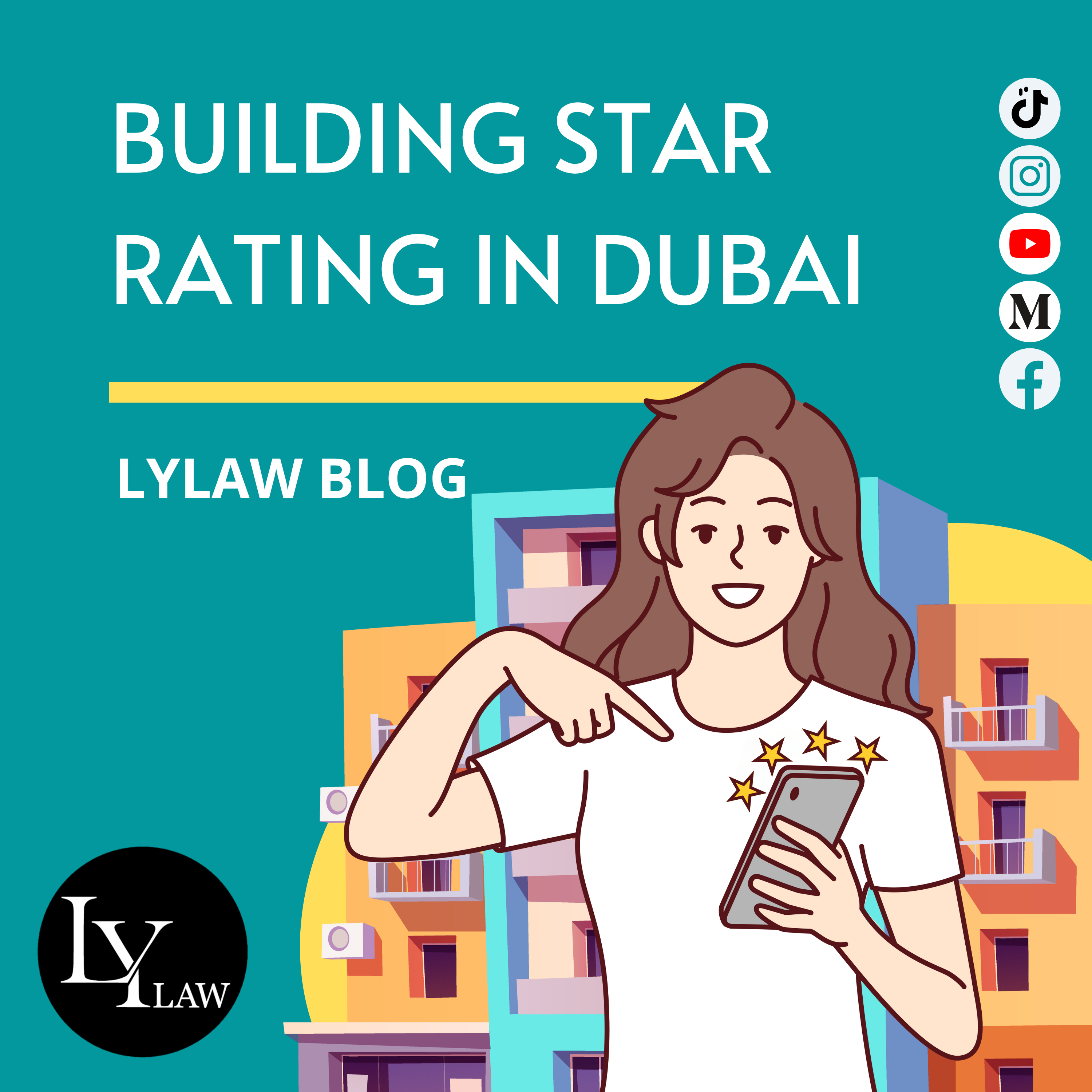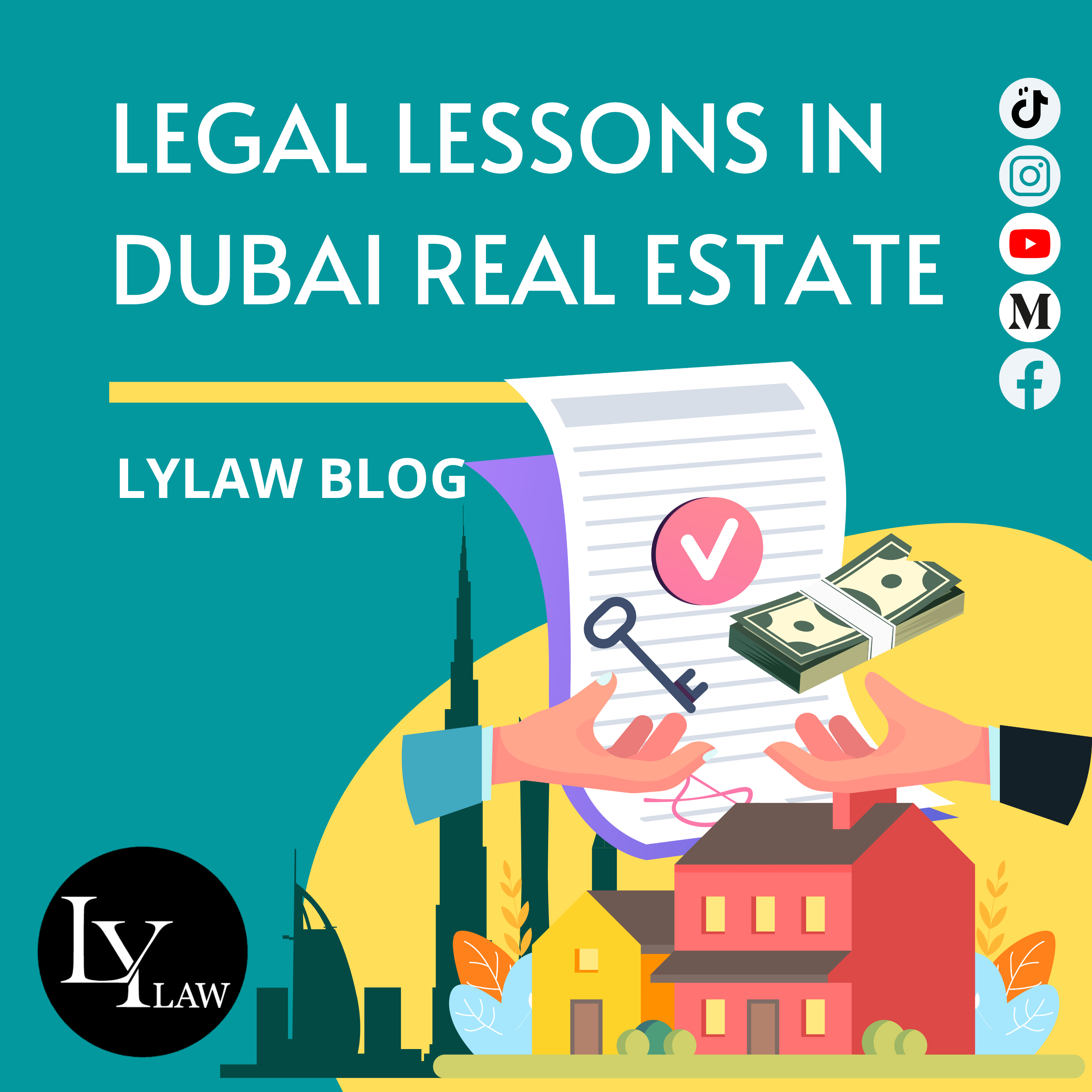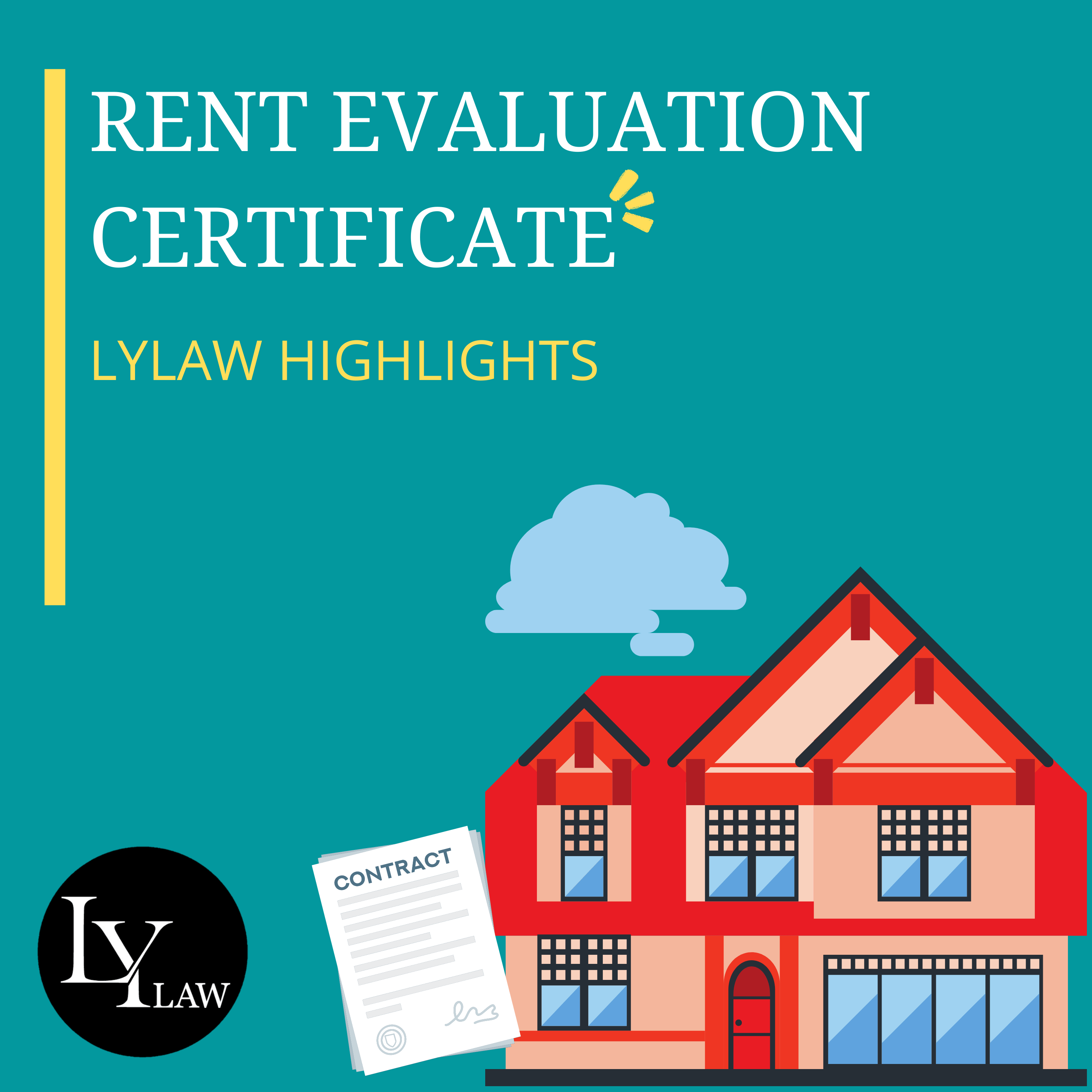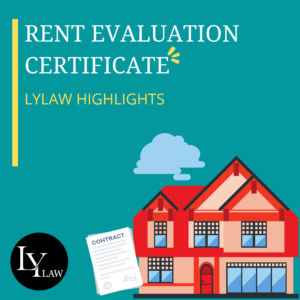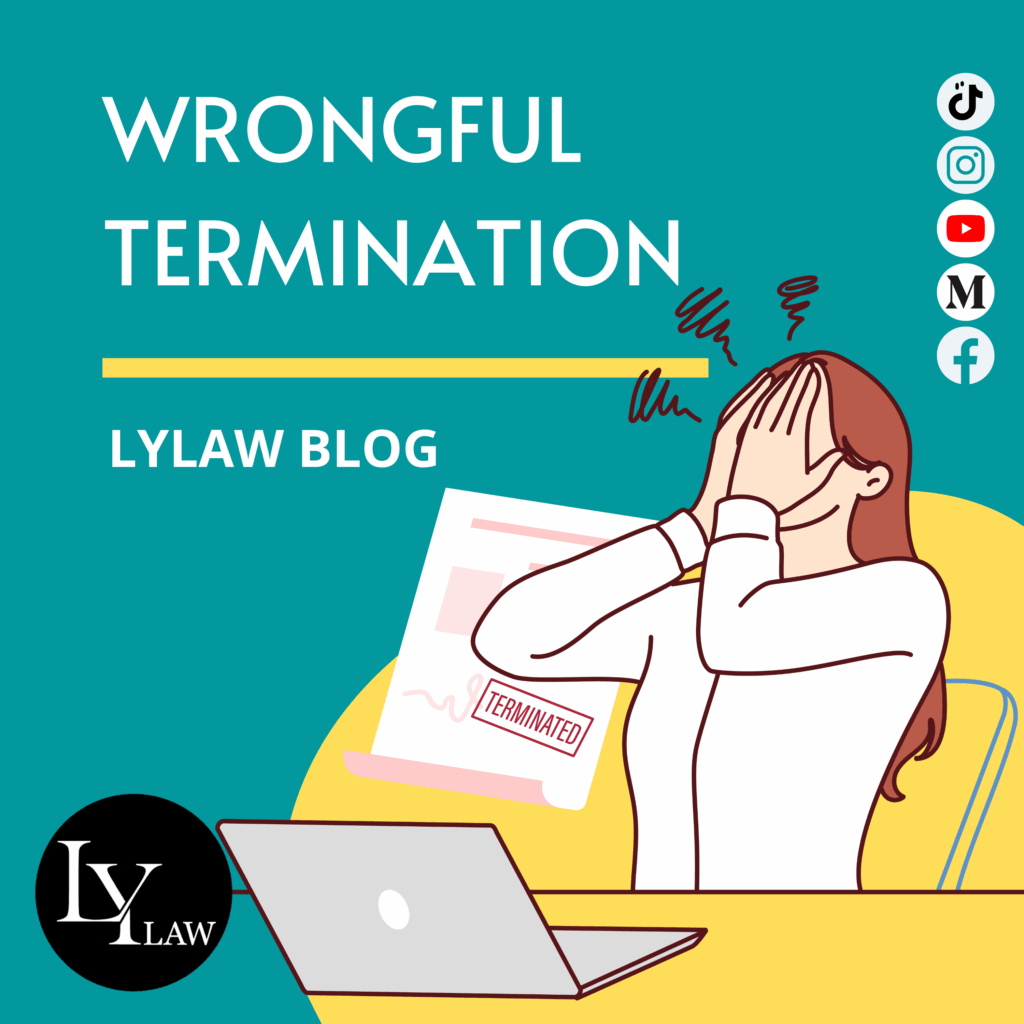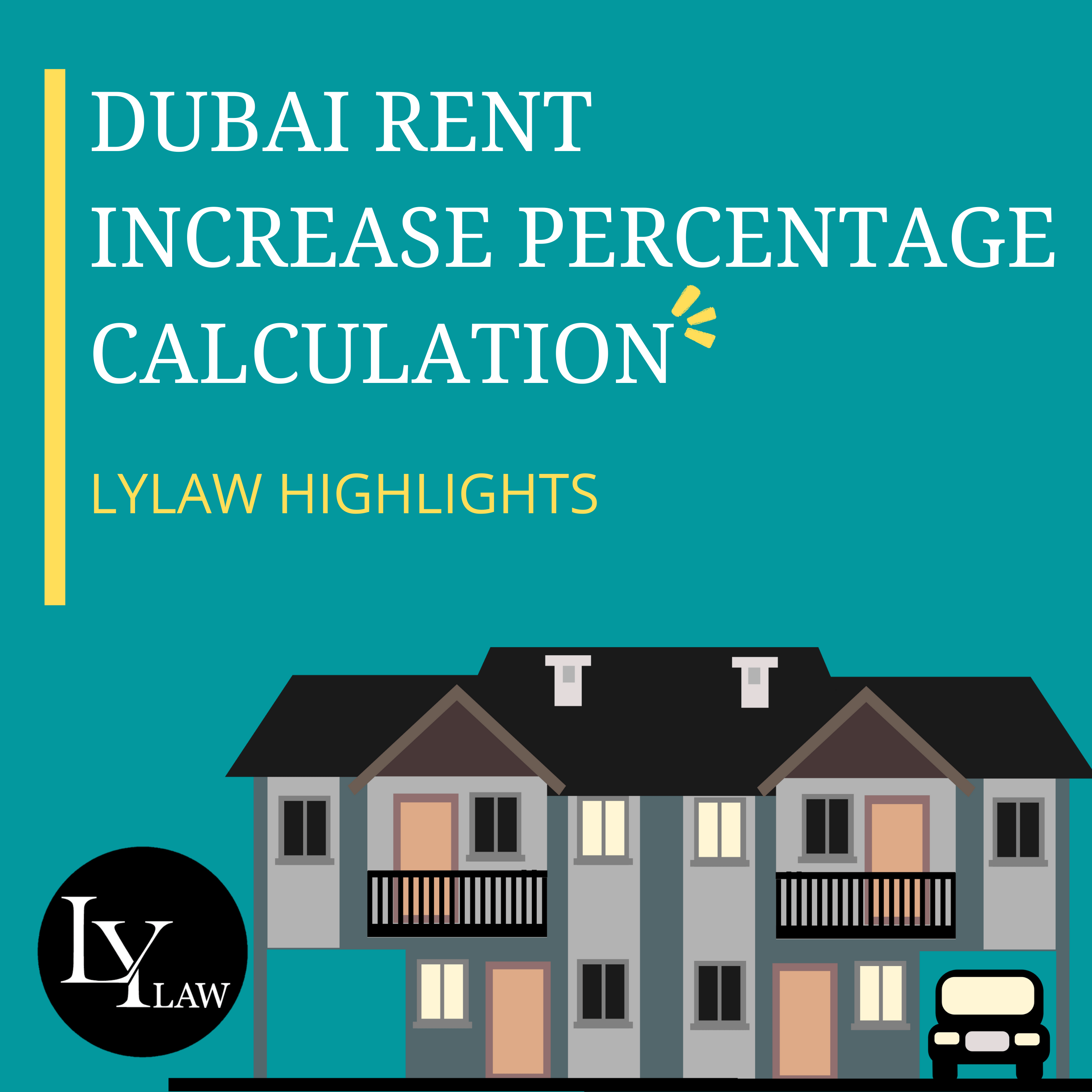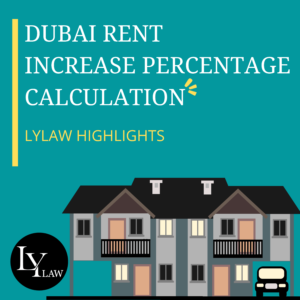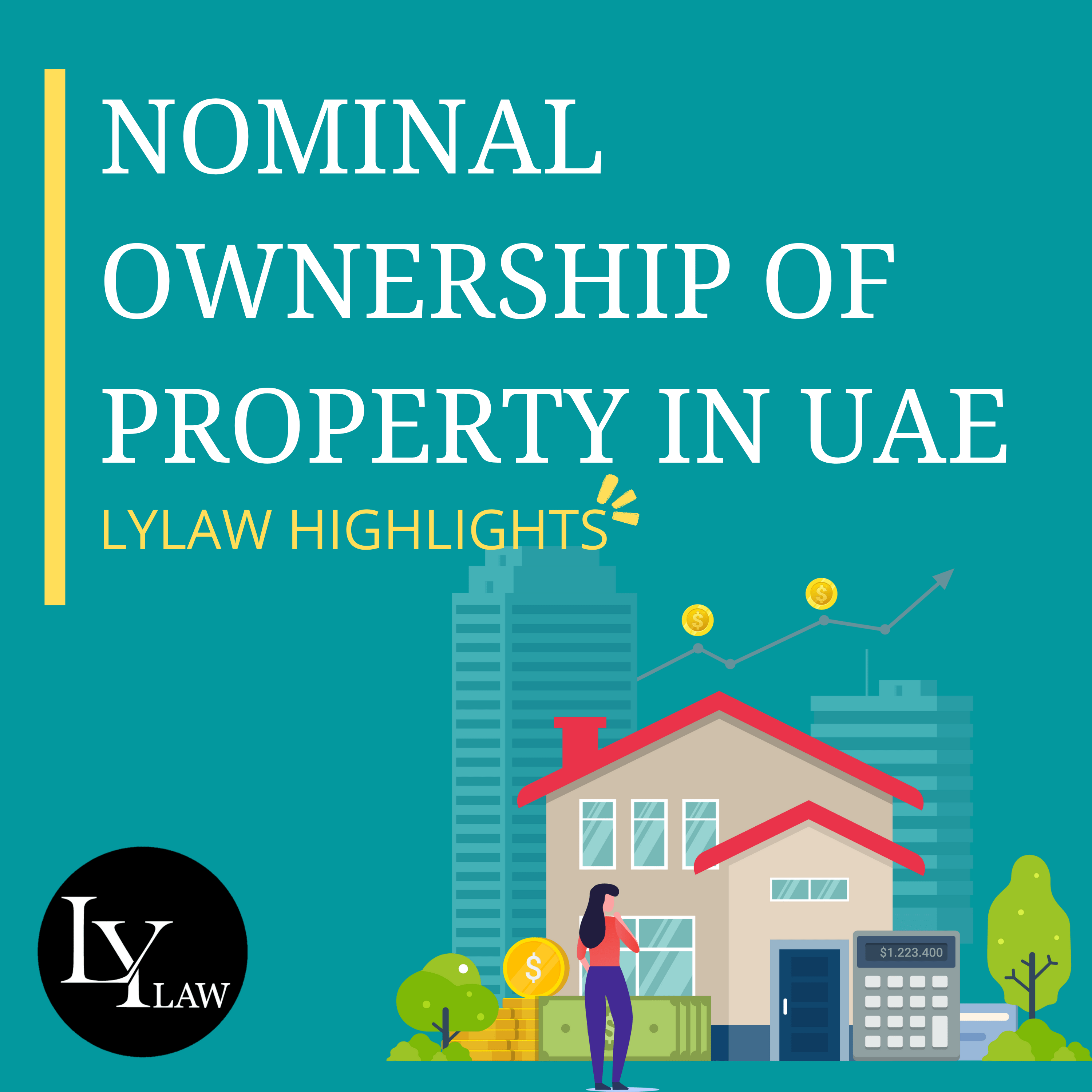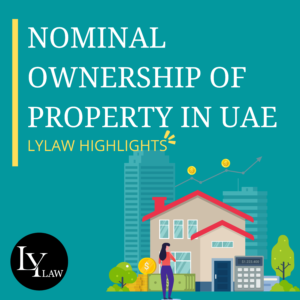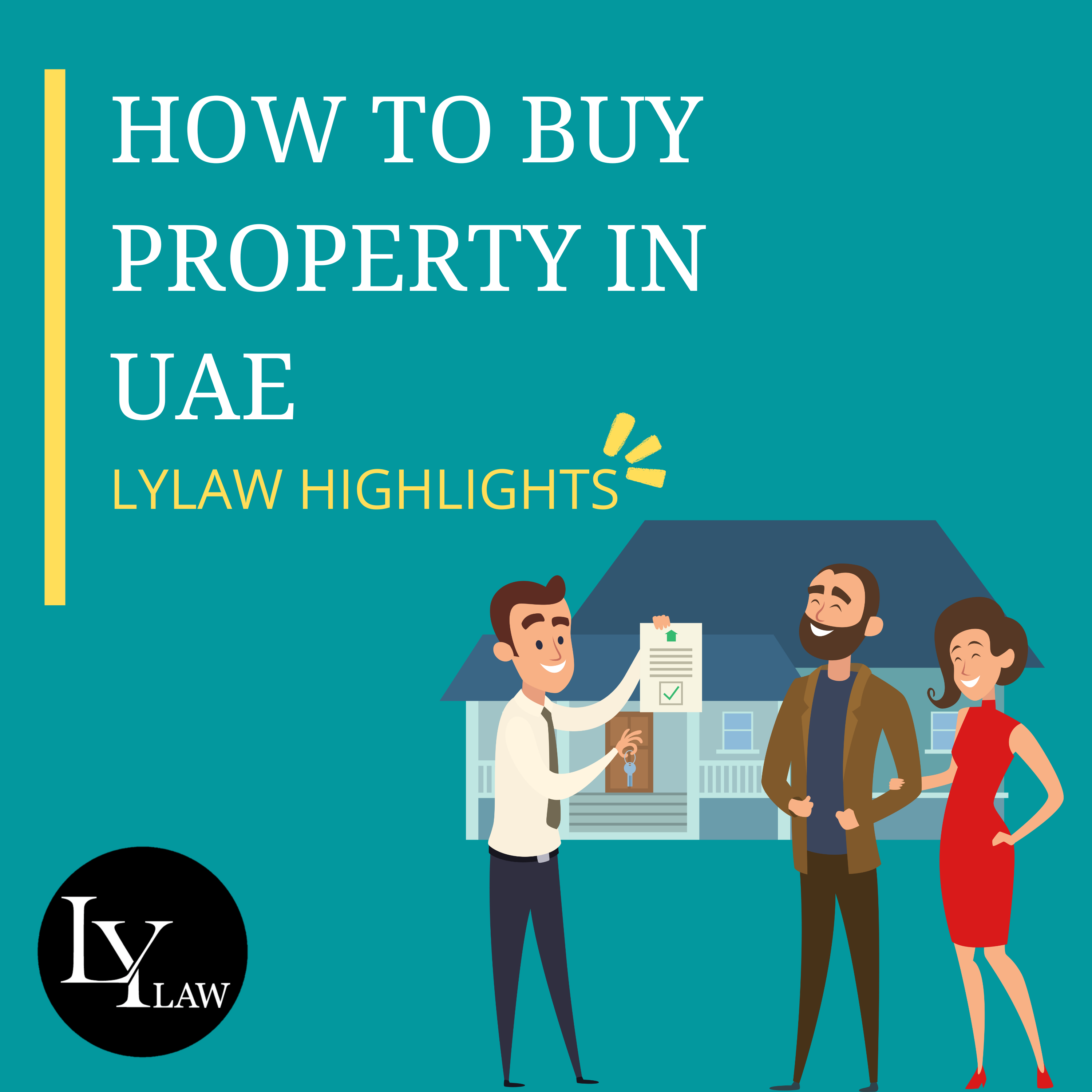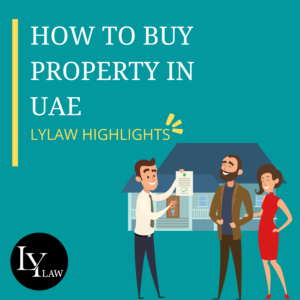Overview
The transfer of property in Dubai is a systemized legal process overseen by the Dubai Land Department (DLD). It comprises a list of steps consisting of legal papers, financial clearance, and government registration. There are certain papers the buyer and the seller both have to give, pay for the government charges, and receive the approvals so as to facilitate the transaction with ease.
Below are the step-by-step and legal aspects associated with property transfer in Dubai:
1. Agreeing on Terms
The transfer of property begins with the signing of the sale terms by the buyer and seller, which are thereafter recorded in a Memorandum of Understanding (MOU).
Essential Terms to Incorporate in the MOU:
- Purchase price
- Payment terms (down payment and balance)
- Details of the property (size, parking, specifications)
- Withdrawal and penalty terms
- Dispute jurisdiction
- Timeline of transfer and penalty for delay
The MOU is a legally binding agreement, so both parties should have legal scrutiny before signing.
2. Document Preparation
To proceed with the transfer of the property, both the buyer and the seller need to provide a set of official documents. The correctness of these documents directly affects the transfer duration.
Documents Required from the Seller:
- Original title deed
- Passport copy, visa, and Emirates ID
- Utility clearance certificates (from DEWA, Empower, DU)
- Developer NOC (guaranteeing no pending service charges)
- Property Sales Agreement (Form F)
- Manager’s cheque (in case of mortgage)
Documents Required from the Buyer:
- Copy of passport, visa, and Emirates ID
- Proof of funds and deposit cheques
- POA (in case of transacting through a third party)
- DLD registration fees (4% of property value)
- Trustee’s Office administration fees
Documents Required from the Broker (if involved):
- Copy of passport, visa, and Emirates ID
- RERA registration card
- Broker’s commission charge (usually 2% of the property cost)
If the property is not owned by an individual but a company, corporate papers are required, including the trade license, company stamp, and letterhead.
3. Settle Outstanding Financial Obligations
Before transfer can occur, the seller must settle all outstanding payments:
Service Charges:
- Settle all outstanding service charges with the developer (e.g., Emaar, Damac).
- Obtain a clearance certificate from the developer.
Utility Bills:
- Clear all outstanding bills from DEWA, Empower, DU, and other services.
- Take utility disconnection letters and clearance certificates.
Mortgage (if applicable):
- If the property is under mortgage, the seller will have to settle the due loan amount.
- A manager’s cheque for the remaining amount of the mortgage has to be lodged with the bank.
Failure to clear service charges or bills can delay the transfer.
4. No Objection Certificate (NOC)
The seller must get an NOC from the developer.
Key Steps:
- The seller asks for an NOC from the developer.
- The developer verifies the status of the property (outstanding charges).
- If approved, the developer issues an NOC, confirming that the property is free for sale.
- In some cases, multiple NOCs can be issued by other developers.
Whereas some builders will only accept a personal visit for the NOC, others allow a POA-holder to visit in the seller’s place.
5. Registration at the Trustee Office
Once all is settled and approvals are obtained, the transaction occurs at a licensed Trustee Office.
Documents to be Brought to the Trustee Office:
- Original title deed
- Original NOC from the builder
- Signed MOU
- Service charges and utility clearance certificates
- Manager’s cheque for the outstanding balance
- Proof of payment for DLD registration fees
- Original IDs and passports of the buyer and seller
All documents will be vetted by The Trustee Office and payment verified. Satisfied, the office will then submit the transaction for the approval of the DLD.
6. Transfer and Issuance of Title Deed
Approved by the DLD, The Trustee Office will transfer a new title deed to the buyer’s name.
Fees and Costs:
- 4% of property value – DLD registration fee (payable by the buyer)
- 2% broker’s commission – Payable by the buyer (unless otherwise agreed)
- Trustee’s Office administrative fees – Typically AED 2,000–5,000
- Mortgage settlement fees (where applicable)
The entire transfer process, from registration to issuance of the new title deed, typically takes 1 business day once documents are in position.
7. Transferability of Eviction Notices
A recent Dubai Rental Dispute Center (RDC) ruling has sustained that eviction notices are transferable from seller to buyer.
What This Means:
- If a tenant has already been served an eviction notice, the new owner can enforce it.
- This differs from the past rulings where eviction notices had been attached to the landlord, not to the property.
- The new regulation stipulates that eviction notices are posted on the property and are still valid even after a change of ownership.
This regulation was issued by the RDC’s First Instance, so it could be overturned on appeal. Also, RDC decisions are not necessarily binding precedents.
8. Property Ownership by Companies
- The company must be registered with the DLD.
- The sale can be done only after the company issues:
- Trade license
- Company stamp
- Board resolution approving the sale
- POA from signatories authorized
Property transfers owned by the company are likely to have longer processing times and higher administrative fees.
Key Takeaways
- Negotiate all terms in writing in the MOU
- Clear pending service charges and utility bills before making an application for an NOC
- Use a trusted legal advisor to verify all documents and terms
- Ensure eviction notices and tenants’ rights are stated clearly in the contract
- Transfer via a registered Trustee Office
Helpful Tips
- Ensure the sale conditions reflect the market value at the time and any resale restrictions.
- Ensure the seller has a clear title, free from encumbrances or disputes.
- If the property is being rented, clarify the tenant’s rights and notice period.
- Make sure that the transaction broker is registered with RERA and authorized to act on behalf of the seller or buyer.
Conclusion
Dubai property transfer is quite straightforward when well managed. The delay causes are incomplete documents and unpaid charges. A legally compliant, smooth process is guaranteed when carried out with a seasoned legal professional.

